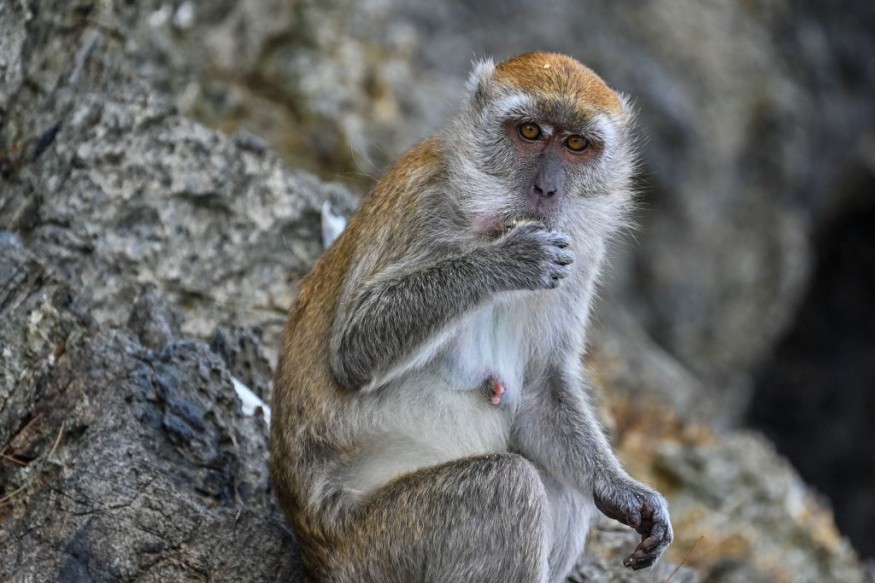
In Florida, there is a wild rhesus macaque monkey that can get around vehicular traffic and the locals are bewildered by the unusual sighting.
Wild Rhesus Macaque Monkey in the City
According to the Orange City Police Department, they have gotten numerous complaints reporting monkey sightings in the area. Police determined that the monkey is a wild rhesus macaque monkey after speaking with the Florida Fish and Wildlife Conservation Commission, and officials have urged the public to avoid feeding or attempting to capture these monkeys.
At this point, the actual number of monkeys that have been spotted is yet to be determined.
Employee Kimberly Bialobos saw the monkey on Wednesday morning outside the Popeye's restaurant on Enterprise Road. Around 9:30 AM, she claimed to have seen it via the drive-through window. According to Bialobos, the monkey seemed intelligent since it observed the traffic and understood not to turn that way.
Another user of the platform made light of the fact that, while having "alligator," "bear," and "snake" on their bingo card today, they were missing "monkey." Similar comments on the social media post from the Orange City Police either joked about or described the peculiar sighting.
Locals are being reminded by officials to call FWC if they see a monkey.
Rhesus Macaque Monkey
A non-native species, the rhesus macaque (Macaca mulatta) is not protected in Florida other than by anti-cruelty laws. To remove macaques from their own property, homeowners are not required to obtain a permit. Homeowners should use caution while interacting with any kind of primate, though.
Rhesus macaques kept in captivity are governed as Class II wildlife in the State of Florida. This species cannot be owned for private use, commercial use, or public display without a license.
Rhesus monkeys are quite vocal and energetic. They are proficient swimmers and enjoy being in the water. They can live in communities of up to 200 members, where a subgroup of females may create a new group when a group reaches 80 to 100 individuals.
Few unconnected males and numerous closely related females make up most populations. Male-only small groups can occasionally arise. Males typically leave their birth group not long after reaching sexual maturity. It is quite uncommon to have siblings or offspring born to a mother and son. In a group, both sexes exhibit a predilection for powerful individuals of the other sex.
Rhesus monkeys are not territorial despite living in groups. Although each group of monkeys typically has its own sleeping area, there may be significant overlap between neighboring groups' lands, and group confrontations are uncommon.
The weaker group will typically avoid the stronger group when two groups meet. Any conflicts that develop result from ambiguity about dominance and strength.
When fed, macaques can become hostile, and feeding wildlife puts people in close contact with it. Numerous diseases that can infect humans are carried by primates as well. Florida has a law against feeding wild monkeys to stop accidents and the spread of disease to humans.
© 2025 NatureWorldNews.com All rights reserved. Do not reproduce without permission.





